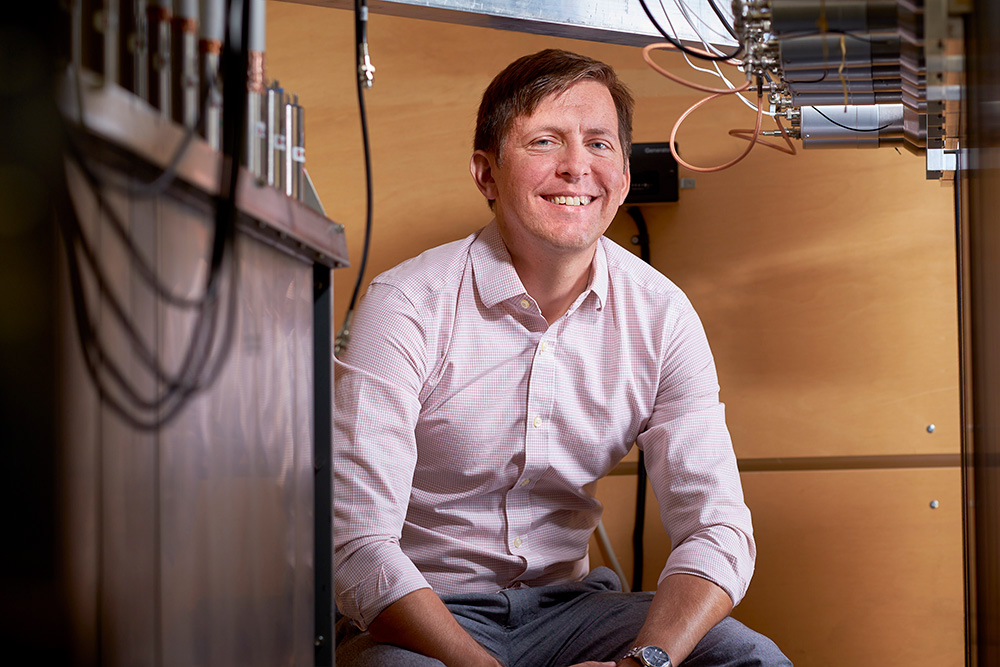
Jason Hayward
NE is part of an 11-member university consortium grant for research and development into nuclear science, engineering, and security. The $25 million grant is funded by the Department of Energy’s National Nuclear Security Administration (DOE/NNSA).
The University of California, Berkeley, will lead the effort, known as the Nuclear Science and Security Consortium.
“We are very excited to take leading roles in radiation detection, nuclear data, nuclear engineering, and computing and optimization in nuclear applications as a part of this work that couples closely to five of our nation’s top national laboratories, aiming to send more PhD graduates to the labs while addressing important questions in fundamental and applied nuclear science,” said UCOR Fellow Jason Hayward, who serves as UT’s PI for this grant and is a professor in the department. “In the next five years, our research portfolio and leadership within this consortium will be enhanced by inclusion of Assistant Professors Vlad Sobes and Sandra Bogetic in Nuclear Engineering. Meanwhile, our leading role in radiation detection materials R and D will be ensured by the excellent work of Professors Chuck Melcher and Mariya Zhuravleva, who run our Scintillation Materials Research Center.”
These 11 universities will partner with five national laboratories: Los Alamos, Lawrence Berkeley, Lawrence Livermore, Oak Ridge, and Sandia to carry out work in five research focus areas:
- Nuclear physics and nuclear data;
- Radiochemistry and nuclear chemistry;
- Nuclear material science;
- Radiation detection;
- Nuclear chemical engineering and nuclear engineering.
Two overarching efforts are linked by these research areas: computing and optimization in nuclear applications; and education in nuclear science, technology, and policy.
NSSC’s mission is to train the next generation of nuclear scientists and engineers, while engaging in research and development spanning basic aspects of new technology and methods to programmatic work directly supporting the NNSA’s nuclear security and nonproliferation missions. Originally established in 2011, the NSSC has already created a pattern for success, advancing research complementary to US DOE National Laboratory programs and placing more than 130 postdoctoral and staff hires in the national labs and other government agencies.
By 2026, UT is expected to receive $8M from the NNSA grants, the second largest university recipient.